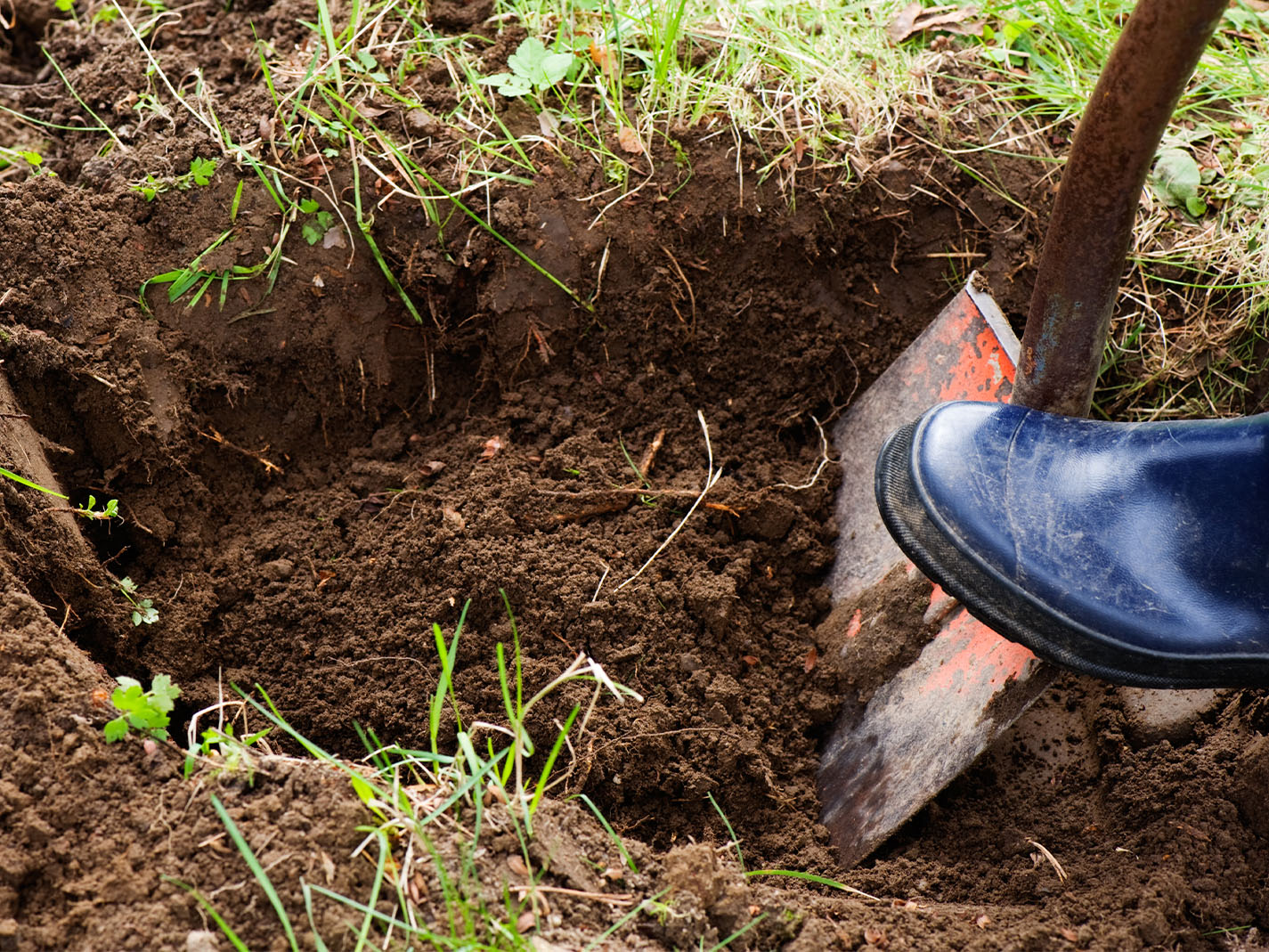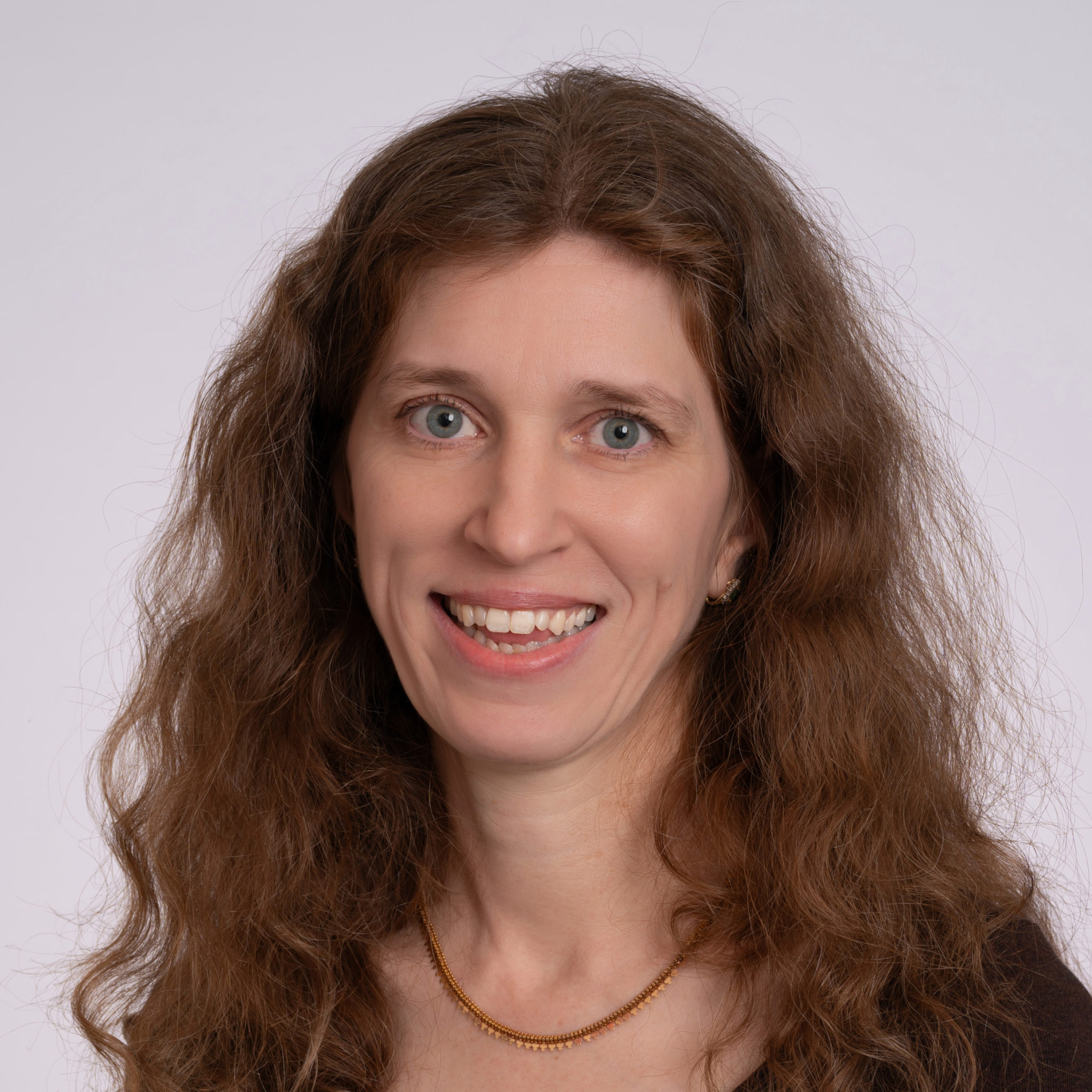
On October 10, 2023, California Governor Gavin Newsom—whose Democratic party claims to be the party of science and science education—signed two anti-science education bills (AB226 and AB389) into law. These bills require the University of California and the California State University systems to bar the use of skeletal collections that cannot be affiliated with any living descendants for research and teaching purposes.
AB226, which applies to the University of California system—California’s research-focused public university system—states that “The University of California is strongly urged to prohibit use of any Native American human remains or cultural items for purposes of teaching or research at the University of California.” Even more egregiously, AB389, which applies to the California State University system—California’s 23 campus public university system which focuses on teaching—includes the requirement to adopt “a policy that prohibits the use of Native American human remains or cultural items for the purposes of teaching or research at the California State University while in the possession of a California State University campus or museum.”
Teaching collections were never intended to be included in the Native American Graves Protection and Repatriation Act, the federal law regulating the repatriation and reburial of Native American human remains. Targeting teaching collections, such as in AB226 and AB389, will result in the gutting of anthropology labs that teach students the skills of osteological identification needed for careers in medicine, cultural resource management, and forensic sciences.
Forensic anthropologists and archaeologists have been key in helping identify the victims of some of the worst tragedies, such as the 9/11 terrorist attacks. Their skills have been honed by learning skeleton anatomy on collections made up of intact bones, broken bones, burnt bones, and thousands of bone fragments.
Teaching collections contain remains from a variety of sources. At San José State University, where I began teaching human osteology in 2004, the collection contains remains from medical and dental donations, remains purchased from India when it had a thriving skeletal trade market, remains from historic sites, and remains from archaeological sites. Some bones came from people who donated materials they’d inherited; other bones were exposed during construction of new roads. Some bones come from local areas, but others come from as far away as Africa. There’s no way to determine which remains are Native American, much less which tribe they may have belonged to.
Yet, with AB226 and AB389 in place, Native American reburial activists will likely claim the entire collections, and laws such as AB275 will support these unscientific claims, since the law states that “If there is conflicting evidence, tribal traditional knowledge shall be provided deference”, even when this consists of creation myths and other spiritual tales. When the collections are lost, we lose a tool to train the next generation who would bring justice to families of victims of terrorism, other crimes, and natural disasters. And, all we’ll have left to offer these families is “thoughts and prayers”, brought to you by the party of science.
Elizabeth Weiss is a professor of anthropology at San José State University. She is on the board of the National Association of Scholars and is also currently a faculty fellow at Heterodox Academy. She is co-author of Repatriation and Erasing the Past (2020).
Image: Adobe Stock

This is all Euro-centric tribalism. Do white Americans all for the collection of their bones? And what exactly have universities and museums done to protect these ancestral skeletons? Use them to teach students how to analyze other people’s ancestral bodies.
Archaeologists, of which I am one, hold no privilege over other people’s bodies.
With thinking like that, it’s a wonder science has advanced at all. I, for one, no longer consider some previously respected scientific fields as still scientific. They are now politicial organizations just pushing some agenda.
Alright, let’s think this through logically.
Let’s presume, for the sake of argument, that there is a tribal right to bones.
Which tribes should have this right?
I can’t speak to California, but I can to Massachusetts — the Indians fought genocidal wars with each other, literally exterminating certain tribes in the 16th 17th, & 18th Centuries. While much is made of Indians helping the Pilgrims, what no one mentions is that they did so because *they* wanted help in defending themselves from the Narragansett’s
The Pocomtucs, who lived in Western Massachusetts, weren’t so successful — they are extinct So who should speak for the Pocomtuc ‘s bones — the tribes who exterminated them?!?
As the west was being settled, a lot of White settlers died and were buried in unmarked graves, if they were buried at all. As highway engineers attempt to follow natural contours in the land (it’s a lot cheaper that way), I’m not surprised that they often encounter human remains. Remains of White settlers who were often murdered by the very Indian tribes who are now claiming an ownership right to their victims’ bones…
Let’s go further afield — what about the bones from India & China — shouldn’t the governments of India and China have the right to speak about those bones? How are they any less stolen if an American Indian tribe has “stolen” them? Likewise, isn’t it culturally insensitive to impose an American Indian burial tradition on cultures with vastly different burial traditions?
My Point: Even if there was a scintilla of legitimacy in what California proposes to do, it’s authorizing the wrong people to do it.